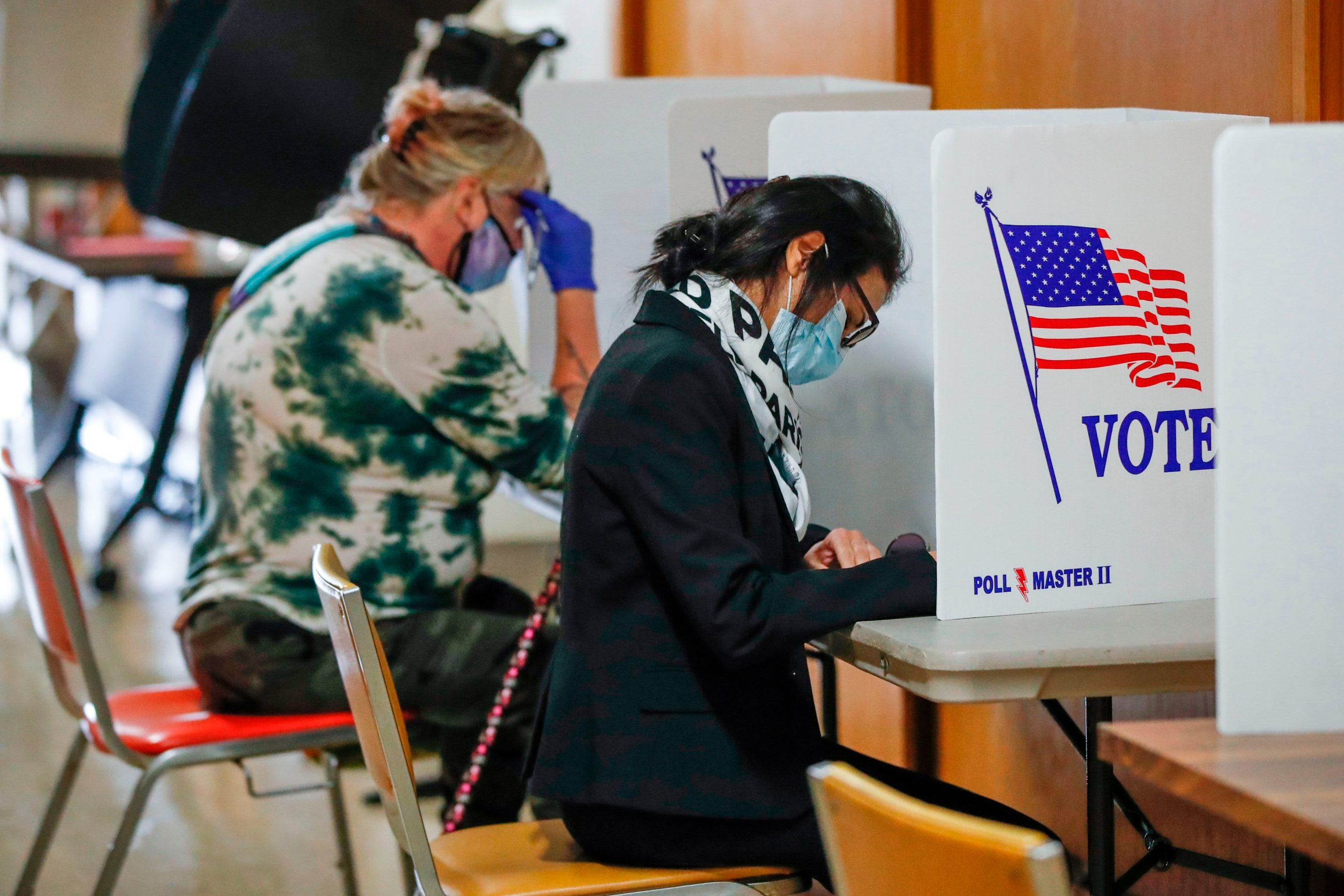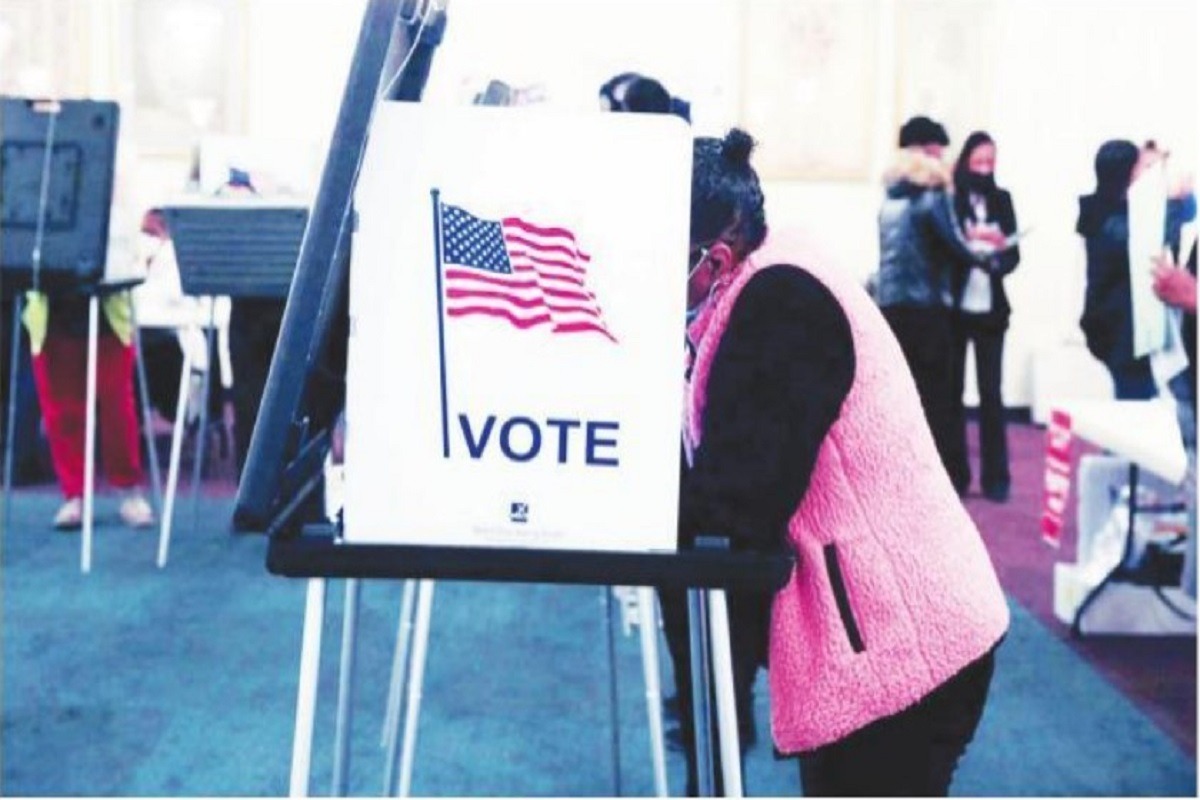The Latino voting bloc has emerged as a pivotal force in American politics, surpassing both the black and Evangelical votes in significance. With Latinos constituting the largest racial minority in the nation, their electoral preferences have become a fiercely contested battleground.
The political journey of Latinos is intricate and increasingly unpredictable. While Democrats traditionally assumed that Latinos, as “people of color,” would align closely with their party, recent trends suggest otherwise. Contrary to progressive expectations, Latinos are shifting away from the Democratic Party towards the right.
Republican support among Hispanic voters has surged by 10 points since 2018, with Donald Trump notably increasing his share of the Latino vote by eight percent in 2020, reaching 39 percent – the highest for a Republican since George W. Bush’s 44 percent in 2004. Trump’s gains extended to 78 of the US’s 100 majority-Hispanic counties.

Latino Voters (Credits: CNN)
Gallup reports that Latino identification with the Democrats has plummeted to its lowest level on record, with some surveys suggesting that Trump may even be leading Joe Biden among Latino voters.
Such trends could spell trouble for Biden’s reelection prospects, highlighting the critical importance of the Latino vote in the current year and for the foreseeable future.
The Latino population in the US has surged by 23 percent between 2010 and 2020, reaching 62 million people and constituting 19 percent of the total population. Projections indicate that Latinos will comprise 21 percent of the population by 2030.
Latinos are driving economic growth, with their workforce expanding from just under 11 million in 1990 to 29 million in 2020 and projected to reach nearly 36 million by 2030.

Latino Voters (Credits: The Statesman)
Despite their growing economic influence, Latinos historically lagged in political power due to lower rates of electoral participation. However, this trend is shifting rapidly.
The National Association of Latino Elected and Appointed Officials anticipates that over 17.5 million Latino voters will cast ballots in the upcoming November elections, representing a 6.5 percent increase from the 2020 presidential election and a 38 percent surge from 2016.
Contrary to the media’s portrayal of Latinos as primarily gang members or oppressed workers, their political orientation is nuanced and multifaceted. Recent studies indicate that a significant portion of recent Hispanic immigrants – 62 percent – do not align with either political party, underscoring the complexity of Latino political identity.
























